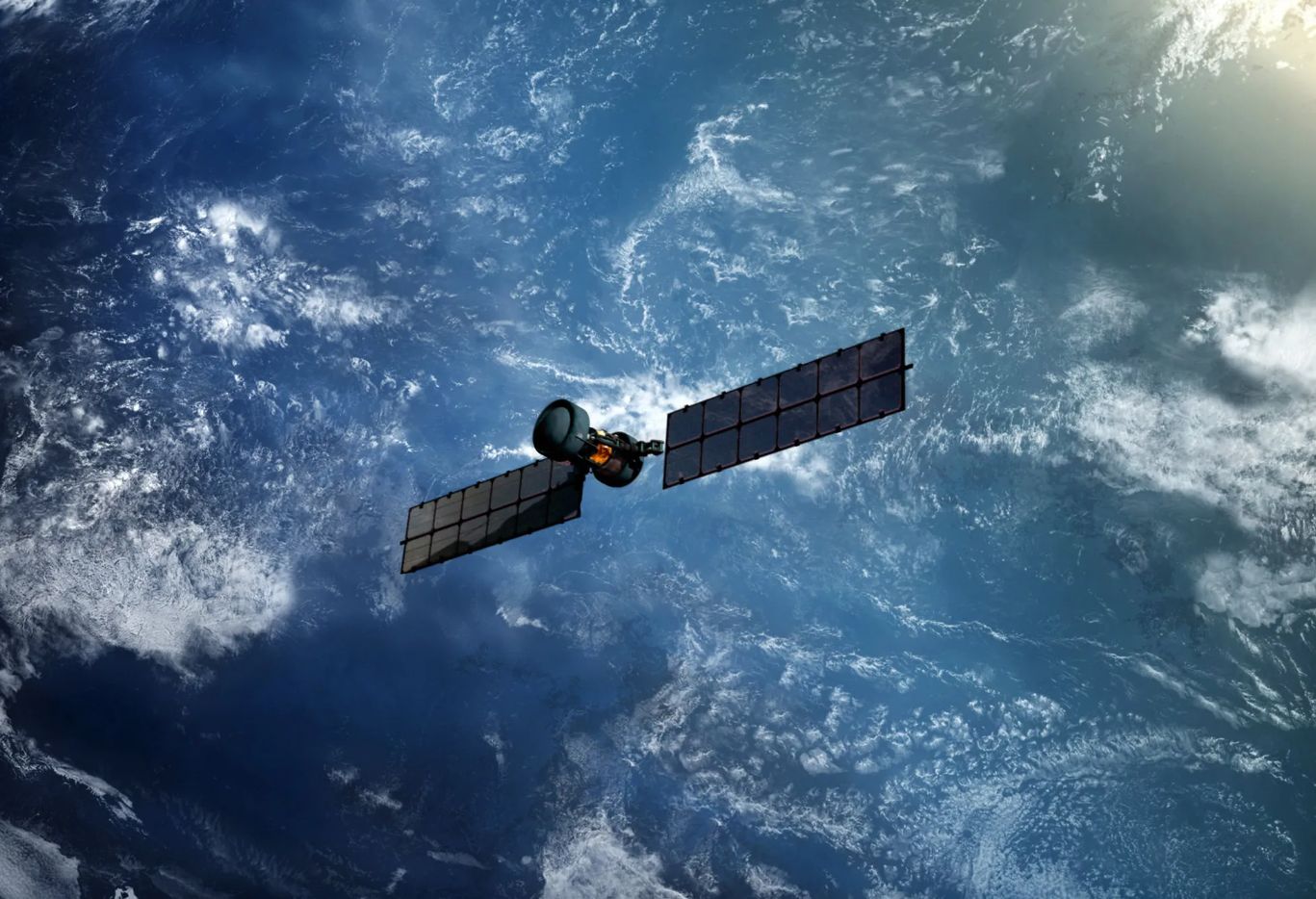Group Captain Arvind Pandey (Retd)
The summit of the Quad leaders of Australia, India, Japan, and the United States was hurriedly organized. It took place on May 20, 2023, as part of the G-7 Summit in Hiroshima, Japan, and notably, Quad discussions lasted less than an hour.
In Rarest Of Rare Events, US, China, Russia Join Hands For ‘Komodo’ Naval Drills In The Indo-Pacific
Four leaders took this practical approach when the original gathering scheduled in Australia was postponed due to President Biden’s unexpected engagement in Washington.
It was evident in 2017, when the Quad was revived, that it wished to strengthen regional resilience in the Indo-Pacific by collaborating with already in-place regional organizations. To its credit, it had attempted a variety of approaches.
Since their 2020 statement, the Quad leaders, for instance, have reiterated their commitment to “ASEAN centrality, ASEAN-led architecture, and the ASEAN outlook on the Indo-Pacific” to promote a stable and resilient Indo-Pacific.
The Quad is more than just a security and defense technology-sharing arrangement; it also promises to provide much-needed public goods for regional prosperity, like vaccines during the Covid-19 pandemic.
Exploring Space Cooperation
The emphasis on space cooperation is stated in a joint statement by the quad leaders following the 2023 summit, and they agree to exchange information gathered by satellites for earth observation and disaster mitigation.
The Quad members could track China’s movements in the Indo-Pacific region if there were space cooperation. Each of the four pledged to increase commercial space collaboration, notably by hosting a corporate event in the sector in 2023.
The Indo-Pacific region’s nations will benefit from the Quad Space Working Group’s exploration of ways to offer Earth Observation data and other space-related applications to help them improve their climate early warning systems and better manage the effects of extreme weather occurrences.
According to a document published by the White House, the Indo-Pacific area contains 65% of the world’s oceans, and the economies of all the countries in the region depend on the free flow of people and commerce.
Space Situational Awareness (SSA) is a crucial component of the effort made by all four Quad governments to maintain the freedom of passage within the Indo-Pacific.
The Indo-Pacific Partnership for Maritime Domain Awareness (IPMDA), according to a representative of the Japanese government, “will involve the sharing of satellite data with partner countries in ASEAN, providing a significant deterrent to a potential Chinese move to establish a military base in the South China Sea.”
In response to the Russian invasion of Ukraine in February 2022, which highlighted how crucial such capabilities can be in an international conflict, the emphasis on developing superior space capabilities has only increased.

Historical Events In Quad Space Cooperation
A Quad Summit was held in Tokyo in May 2022, three months into the war and amid escalating hostilities. The Indo-Pacific Partnership for Maritime Domain Awareness (IPMDA), which mandates the sharing and disclosure of satellite imagery data to assess the state of the ocean, was firmly pushed for by the United States.
The action amply demonstrated Washington’s importance in discouraging China’s maritime activities in the area. Following the formation of the Quad Space Working Group at the previous Quad meeting in September 2021, an agreement for 2022 was reached.
There has been collaboration among the Quad nations in the field of space. The United States, Japan, and Australia have worked closely together on space defense and security issues for over ten years, whereas India has preferred more constrained bilateral agreements.
The Japan-US-Australia Space Security Dialogue has been held annually since the three allies first met in 2011 at these gatherings.
Bilaterally, the United States and Japan boast close cooperation due to their unique security relationship.
In May 2013, the two concluded a memorandum of understanding on SSA system services and information sharing involving Japan’s Quazi-Zenith Satellite System (QZSS), a regional time transfer and satellite-based augmentation system developed by the Japanese government to enhance US-operated GPS in the Asia-Oceania region.
Two years later, in April 2015, the Guidelines for Japan-US Defense Cooperation were revised to include an independent section on space and cyberspace cooperation for the first time.
The 2010 Australia-United States Ministerial Consultations (AUSMIN) session also marked the beginning of the two countries’ long-standing SSA partnership.
The importance of space security was reaffirmed in the 2021 AUSMIN, and plans for a Space Framework Agreement were discussed. Conversely, the bilateral collaboration between Japan and Australia continues to be less defense-focused.
A formal agreement on Science and Technology (S&T) cooperation between the Japan Aerospace Exploration Agency (JAXA) and the Australian Space Agency (ASA) was reached in July 2020, marking the beginning of the two organizations’ first bilateral space cooperation.
Looking Ahead
India made headlines when it signed an MoU on SSA with the United States during the Fourth US-India 2+2 Ministerial Dialogue, even though it had previously preferred to keep its space cooperation to the fields of exploration and S&T.
However, India and Japan have similarly started hosting information exchanges for their respective space agencies, focusing on space security, technological cooperation, and rules and norms.
However, there are still many questions regarding space cooperation within the framework of the Quad. The Quad Space Working Group’s participants consent to share satellite data for the preservation of the Earth and its waters, facilitating capacity development for sustainable development, and consultation on standards and guidelines.
The Quad is already taking steps to provide satellite data and commercial space partnerships to nations in the neighborhood, even though the application of space capabilities to maritime security is still a subject for further discussion.
In the years to come, Quad space capabilities will undoubtedly have a greater impact on the prosperity and stability of the area.
- Group Captain Arvind Pandey(Retd) is a geospatial intelligence professional. He is trained in the full spectrum of imagery analysis in aerial and space-borne sensors and has vast experience creating geospatial infrastructure.
- Reach out to the author at arvind.pandey65@outlook.com
- Follow EurAsian Times on Google News